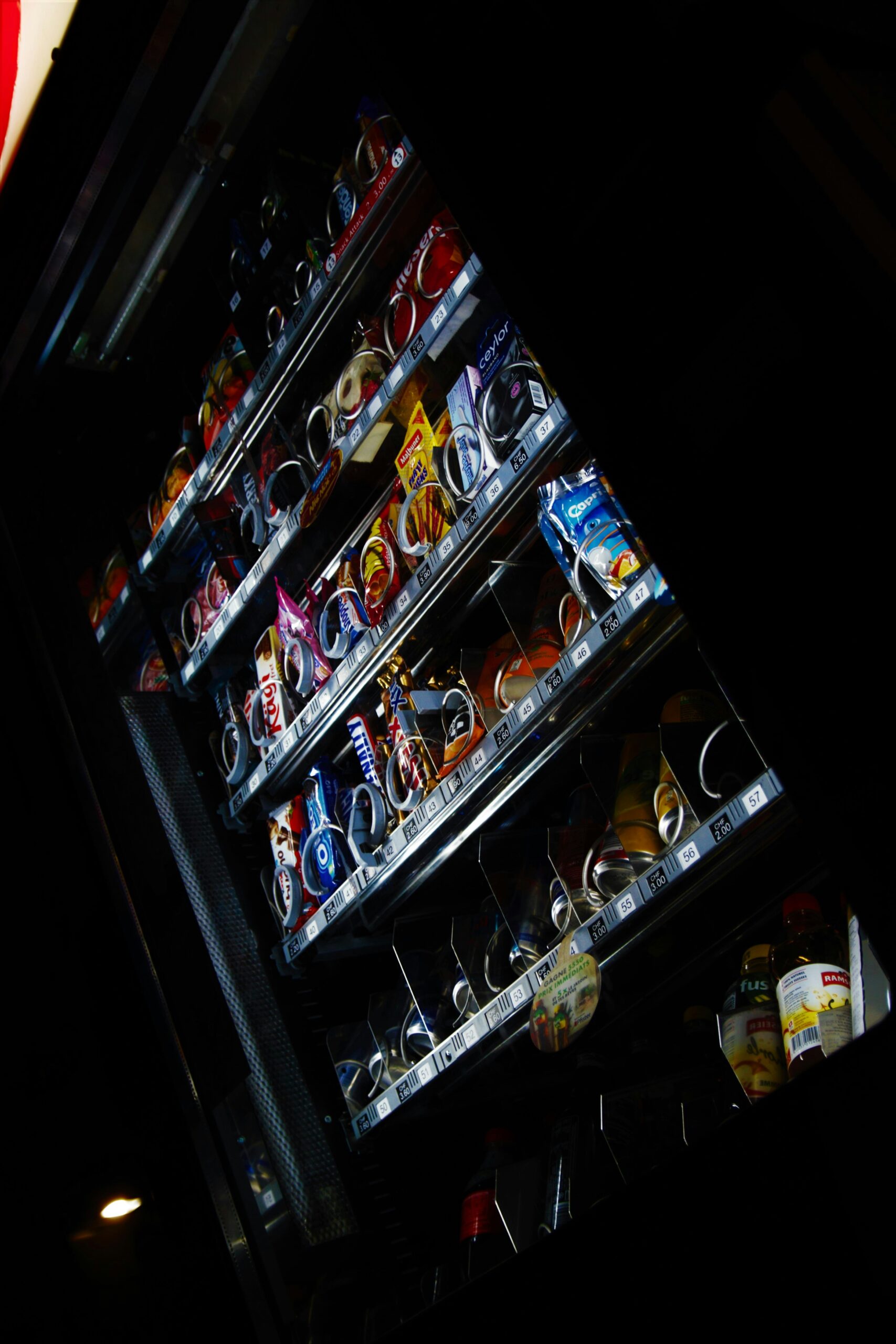
The presence of vending machines in community spaces extends beyond a mere convenience; they play a vital role in shaping the social fabric of neighborhoods. From parks to public libraries, vending machines have become an integral part of the public domain, offering more than just snacks and drinks.
A Catalyst for Community Engagement and Accessibility
Vending machines in community spaces serve as more than just snack dispensers; they are vital in promoting accessibility and fostering social interactions. In areas where access to fresh food and drink is limited, vending machines provide an essential service. They help bridge the gap in food deserts, offering nutritious snacks and beverages to communities that might otherwise have limited access to these basic needs.
Moreover, the strategic placement of vending machines in public areas like community centers, transit stations, and parks can create informal social hubs. These machines often become gathering points where people can engage in casual conversations, fostering a sense of community and belonging. This aspect of vending machines is particularly important in urban environments, where opportunities for spontaneous social interaction can be scarce.
Promoting Economic Growth and Supporting Local Businesses
Vending machines can also play a significant role in supporting local economies. By stocking products from local vendors and small businesses, vending machines can promote local brands and products, providing a platform for community-based entrepreneurs to showcase their goods. This not only helps in circulating the local economy but also in creating jobs within the community.
Furthermore, the evolution of vending machines has seen an increase in the variety of products offered, including healthier options and environmentally friendly choices. This diversification caters to a wider range of preferences and dietary needs, making vending machines more inclusive and appealing to all members of the community.
The impact of vending machines in community spaces is profound. They are not just a source of convenience but a tool for enhancing community well-being, promoting economic growth, and encouraging social interactions. As technology evolves, the potential of vending machines to contribute positively to community spaces continues to expand, making them an indispensable part of modern urban landscapes.


